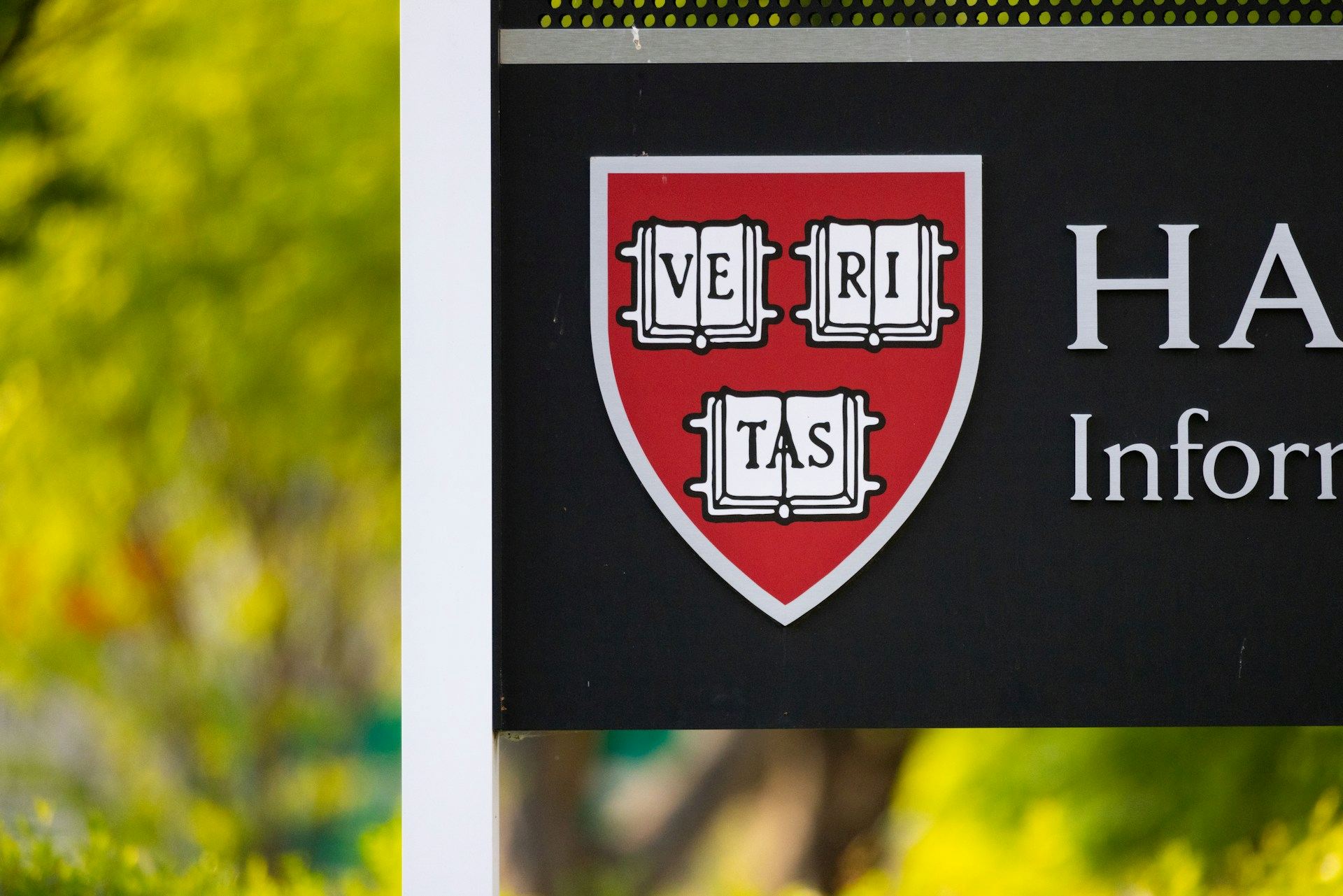Harvard University has filed a lawsuit against the Trump administration following a decision to revoke the university’s ability to enroll international students. The Department of Homeland Security (DHS) issued the directive on May 22, 2025, accusing Harvard of failing to ensure the safety of Jewish students and allowing anti-American activities, including alleged ties to the Chinese Communist Party. The DHS demanded detailed records on international students involved in protests, threatening to revoke the university’s certification if it failed to comply within 72 hours.
Harvard has contested this action, claiming that it is politically motivated retaliation due to the university’s resistance to pressure from the White House. The university argues that the government’s demands infringe upon its academic freedom and institutional autonomy. In response, Harvard has filed a lawsuit in the District Court of Massachusetts, seeking a temporary restraining order to prevent the enforcement of the DHS decision, which could affect its international student enrollment.
This legal battle highlights the growing tension between federal government authority and the independence of academic institutions. The outcome of this case will have significant implications not only for Harvard but also for other universities, as it could set a precedent regarding the rights of international students and the degree to which the government can influence academic freedom.
The decision is emblematic of broader political and legal struggles between the Trump administration and higher education institutions, particularly as universities continue to navigate pressures from both government policies and internal academic standards. If the case goes to court, it could ultimately determine the future landscape of international student enrollment in U.S. universities and the level of governmental oversight in academia.


